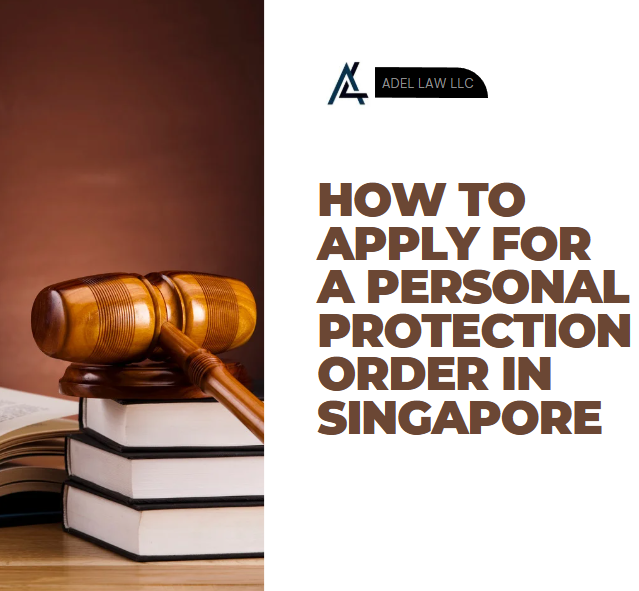During the negotiation of substantial business agreements, including partnerships, joint ventures, or major transactions, companies in Singapore frequently require a method to document the essential points that were discussed and agreed upon. A Memorandum of Understanding (MOU) is relevant in this context. This document serves as an initial agreement, detailing the essential elements and shared understandings established during negotiations prior to the finalization of a formal contract.
The Importance of an MOU: Defining Intentions
An MOU indicates that both parties are committed to engaging in contract negotiations. The purpose is to:
- Establish the Foundation: The MOU facilitates organized discussions by outlining key terms, timelines, and objectives, thereby ensuring a structured negotiation process.
- Establish Parameters: Although MOUs are generally non-binding, they frequently contain legally enforceable provisions—such as confidentiality and non-compete clauses—that protect sensitive information and business interests.
When is it Appropriate to Utilize a Memorandum of Understanding?
Memorandums of Understanding are especially advantageous in intricate negotiations, such as those related to joint ventures or strategic partnerships. By establishing clear terms from the outset, the MOU eliminates the need for ongoing renegotiation of identical issues. Essential components, including confidentiality and non-compete agreements, are frequently incorporated to safeguard proprietary or sensitive information. Furthermore, an MOU establishes a framework to facilitate negotiations leading to a final, binding agreement.
Key Elements of a Memorandum of Understanding
- Parties Involved: Provide a comprehensive list of the names and contact information for all parties engaged in the matter.
- Effective Period: Indicate the duration for which the MOU will be valid following its execution.
- Purpose: Clearly outline the main objective and scope of the MOU.
- Key Terms: Outline the essential components that are expected to be part of the final contract.
- Conditions: Specify any necessary prerequisites or actions required prior to finalizing the agreement.
- Legally Binding Clauses: Incorporate critical provisions, including confidentiality or non-compete clauses, that may hold legal significance.
- Signatures: It is essential that all parties provide their official signatures on the document to formalize the agreement.
Is a Memorandum of Understanding Legally Enforceable?
In Singapore, MOUs typically function as non-binding agreements that provide a framework for future contractual arrangements. However, specific clauses, such as those addressing confidentiality or non-compete obligations, may be legally binding if clearly outlined. Courts in Singapore may regard certain MOUs as legally enforceable under specific circumstances, contingent upon the language employed and the intentions of the parties involved.
Concluding Remarks
An MOU serves as a valuable instrument for organizing negotiations and confirming that both parties are in agreement prior to formalizing a contract. It offers adaptability while establishing a definitive path toward a conclusive agreement. To enhance its effectiveness and safeguard your interests—particularly concerning legally binding provisions such as confidentiality—it is prudent to obtain legal counsel. This guarantees that the MOU is in accordance with your objectives and adequately protects your interests in the future.




